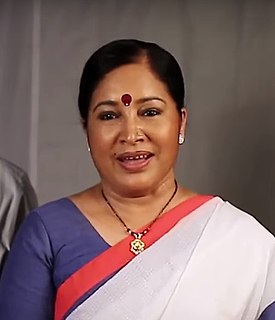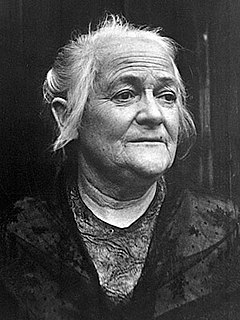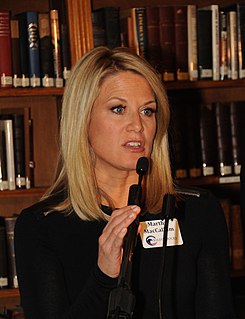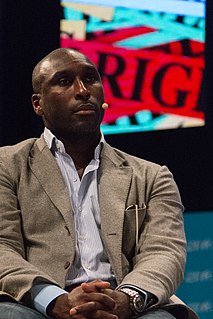A Quote by Shraddha Srinath
My character in 'Ivan Thanthiran' is in stark contrast to my role in 'U Turn.' Here, I play Asha, a hard working girl belonging to a middle-class background.
Related Quotes
If you were a successful upper-middle-class Negro girl in the 1950s and '60s, you were, in practice and imagination, a white Protestant upper middle-class girl. Young, good-looking white women were the most desirable creatures in the world. It was hard not to want to imitate them; it was highly toxic, too, as we would learn.
What we have to do is make sure that here in America, if you work hard, you can get ahead. If you worked hard, not only did you have a good job, but you also had decent benefits, decent health care. We've got to make sure that we're doing everything we can to expand the middle class and people who are working hard can get into the middle class.
Practically everyone I know now is from a middle- or upper-middle-class background, and I no longer have the huge chip on my shoulder that I carried around for so many years. I'm not sure it comes out much in the work, but coming from this kind of background is absolutely central to my identity, to my sense of who I am.



































